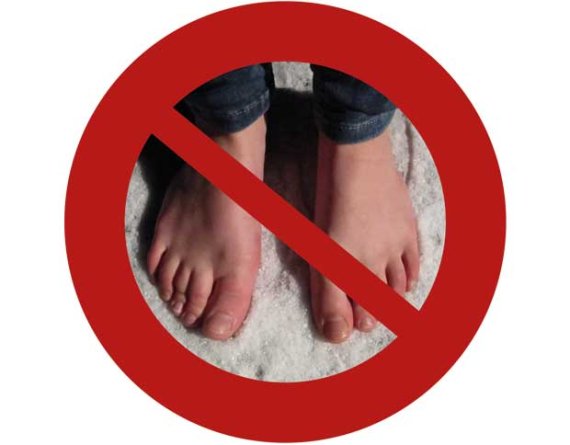Josephine Ecklu
Student of Food Technology from Ghana
‘The Dutch dress the way they are: straightforward and a bit rough and ready. A dress code would be going too far, but students could dress a bit more neatly. After all, the university has a certain status in the world. Students in Ghana dress much more smartly. And there are dress codes. Law students wear blue, black and white, and always long trousers with a jacket. Dutch men are so quick to put on shorts because the sun shines so rarely. We are used to the sun and we always wear long trousers. I find skimpy tops distracting too. If a teacher was to come to a lecture in shorts, I wouldn’t be able to stop laughing.’
Demian Overduyn
student of Biology who almost became Mr World
‘It is part of Wageningen’s charm, walking around barefoot or wearing a cowboy hat like I saw someone doing recently. Each to their own. It doesn’t bother me. Taste in clothes is just like beauty: everyone has their own ideas. I do dress well, that is my choice. But there are sure to be people who think I’m overdressed. Students who want to know how to dress better only have to look at what people are wearing outside Wageningen. This place is no good for shopping anyway.’
Jeroen Sijbers and Yannick Weesepoel
Project leader at Bètasteunpunt (Jeroen) and researcher at Rikilt (Yannick)
Y: ‘Last week I was at a short seminar where everyone was dressed in business casual or a suit. Then in comes someone in zip-off trousers, socks and sandals. A Wageningen scientist. Personally I do think about what I wear to work. A shirt at all times, smart shoes when I have an appointment, and trainers on other days.’
J: ‘I also wear a jacket if I am going to give a talk. I would appreciate it if students would wear a shirt and smart shoes for a presentation, but at the same time I think you should make a distinction between form and content. Let students be students.’
Mike Bandecchi
MSc student of Plant Biotechnology and Management & Consumer Studies from Italy
‘A school uniform, like they have at American universities, reinforces the feeling of being part of a larger whole and gets rid of differences. But the Dutch are geared to being free, open and individualistic. For them dress codes feel like a restriction to personal expression. What does amaze me is that students come to exams in flip flops and swimming shorts. Because if you dress better it gives you more self-confidence.’
Jan van de Haar
VHL student doing a minor in International Development at WU
‘The nice thing about Wageningen is exactly that you can dress as you please. I did a year of veterinary studies at Utrecht, and students dress a lot more formally there. Here you just pull a T-shirt out of the cupboard; I spend less time on choosing my clothes. It is also to do with all the international students, who all bring their own style with them. I do expect more formal dress from teachers; I don’t think it’s proper for them to wear a T-short – that annoys me.’
Selke Hagemans and Milangela Heyden
Student of Food technology (Selke) and student of Food Safety (Milangela)
S: ‘I have never been bothered about what other people wear. That’s for everyone to decide for themselves. Variation is nice; it gives you something to look at. For me the bottom line is whether it is decent, whether you could walk out on the streets in it.’
M: ‘It is different in the lab, but otherwise everyone can do their own thing as far as I’m concerned. Students automatically learn when they need to dress more smartly. If what they wear affects how they come across, they will find that out for themselves. At McDonalds, for instance, you won’t be served if you come in barefoot. Actually I find the e-wallet in the Forum more annoying than bare feet.’
Alberto Scorzon
Student of Food Quality of Safety Management from Italy
‘You define yourself by how you dress. In Italy you are definitely judged by what you are wearing. You can choose to take notice of that or not. I do feel a lot freer here. Teachers here are often dressed incredibly shabbily, thanks to the materials, colours and styles of their clothes. And yet Wageningen is high in the rankings. Clearly, content is more important than form. It’s not as if you can’t buy nice suits here, anyway. Do you know the Bijenkorf in Amsterdam? I fancy shopping there.’

